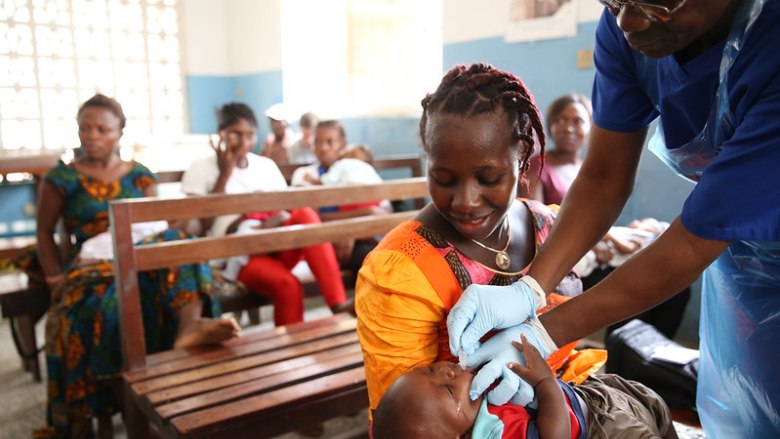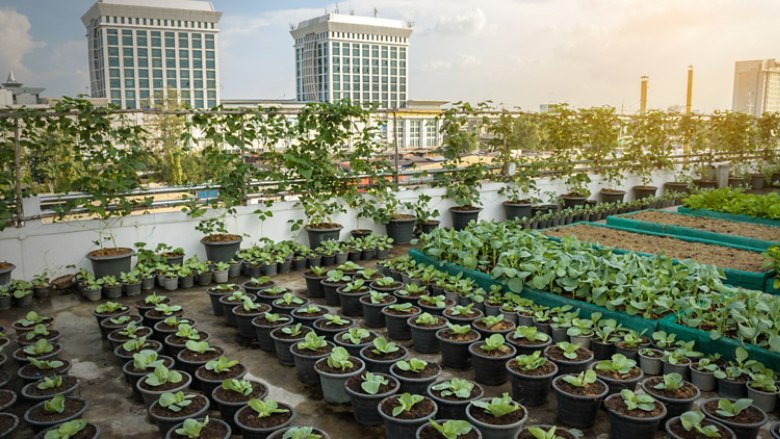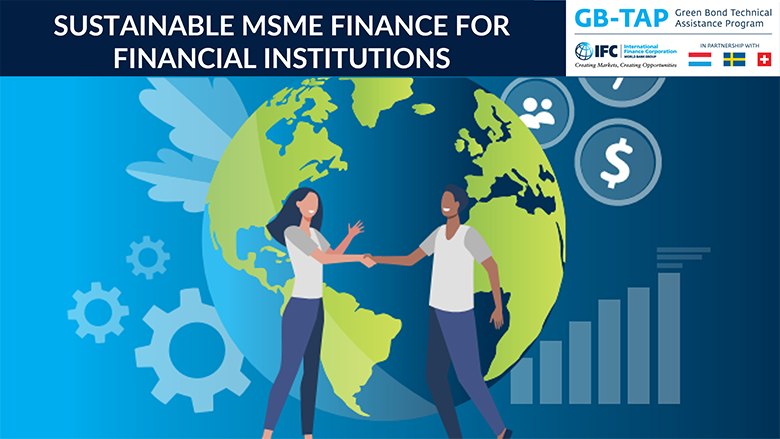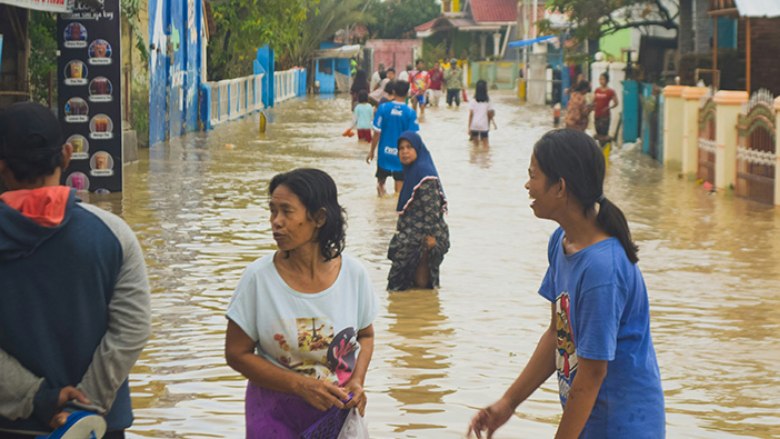Climate

-
Climate Change and HealthE-Learning | Climate Change | For Government Officials
This course examines the relationship between climate change and human health, highlighting key mitigation and adaptation strategies. It provides guidance on the World Bank’s climate commitments for the health sector and available tools for strengthening climate resilience. The course also introduces the climate co-benefits assessment process to support climate-informed health sector operations.
-
Climate Resilient Transport in Small Island Developing StatesE-Learning | Climate Change | For Government Officials
This course provides a comprehensive overview of Transport Asset Management Systems and their role in sustainable infrastructure planning. It introduces a framework for integrating climate and disaster risk considerations to improve resilience. Participants will learn how to identify opportunities for strengthening transport asset management systems. The course also covers strategies for enhancing investment project identification, preparation, and implementation. By equipping task teams and country counterparts with these tools, the course supports more effective and climate-responsive transport planning.
-
Climate Warehouse: End-to-End Digital Infrastructure for Carbon MarketsE-Learning | Climate Change | For Government Officials
This webinar was hosted by the Climate Finance and Economics team, Climate Change Group & IETA. Scaling up climate finance remains a key challenge. Enhancing transparency and credibility, while reducing transaction costs, can address this challenge. This is why the WBG prototyped the Climate Warehouse, a global public meta-data layer empowering a new international carbon market infrastructure. It is built on a decentralized information technology platform using blockchain technology.
-
Guide to Green Bond Issuance for Financial InstitutionsE-Learning | Climate Change | For Financial Institutions
This course equips participants with skills on preparing and executing a successful Green Bond issuance for Financial Institutions. To help financial institutions on their green journey, the IFC Green Bond Technical Assistance Program has developed this unique self-paced online training on how to issue a green bond. It builds on the IFC Green Bond Technical Assistance Program’s six-year experience in creating supply of emerging market green bonds.
-
Integrated Land-Use InitiativesE-Learning | Climate Change | For Government Officials
This course introduces integrated land use as a method to balance environmental, social, and economic considerations in land management. It covers key topics such as stakeholder engagement, sustainability, financing, and policy coordination to address complex land-use challenges.
-
Resilience Monitoring and Evaluation (ReM&E)E-Learning | Climate Change | For Government Officials
This course introduces key resilience concepts and a monitoring and evaluation framework for climate- and disaster-related projects. It is based on the World Bank’s ‘Results Monitoring and Evaluation for Resilience-Building Operations’ (ReM&E) project. The course equips task teams with tools to integrate resilience-building into development programs effectively.
-
Sustainable MSME Finance for Financial InstitutionsE-Learning | Climate Change | For Financial Institutions
To support financial institutions in their sustainable finance journey, the IFC Green Bond Technical Assistance Program (GB-TAP) has developed this unique and comprehensive self-paced online training on how to implement sustainable finance in lending operations to MSMEs.
-
Enhancing Disaster Risk Management through Gender-Inclusive AssessmentsE-Learning | Climate Change | For Government Officials
This course highlights how addressing gender disparities in DRM improves community resilience and recovery. Participants will explore gender-specific vulnerabilities and the influence of gender roles on disaster preparedness and response. Case studies will demonstrate how to apply inclusive, gender-sensitive strategies in DRM projects.
-
EDGE Buildings Training and ToolkitsHybrid | Climate Change | For Government Officials and Private Sector Leaders
This integrated training suite equips professionals from both the private and public sector with the skills and tools to advance sustainable building practices and adoption. Participants gain hands-on experience with EDGE green building certification through EDGE Expert Training, learn to embed resource efficiency in early-stage design via the Designing for Greater Efficiency (DfGE) course, and explore public policy instruments in the EDGE Municipal Toolkit that incentivize sustainable construction. The program fosters strategic, technical, and regulatory alignment for impactful climate action in the built environment.








